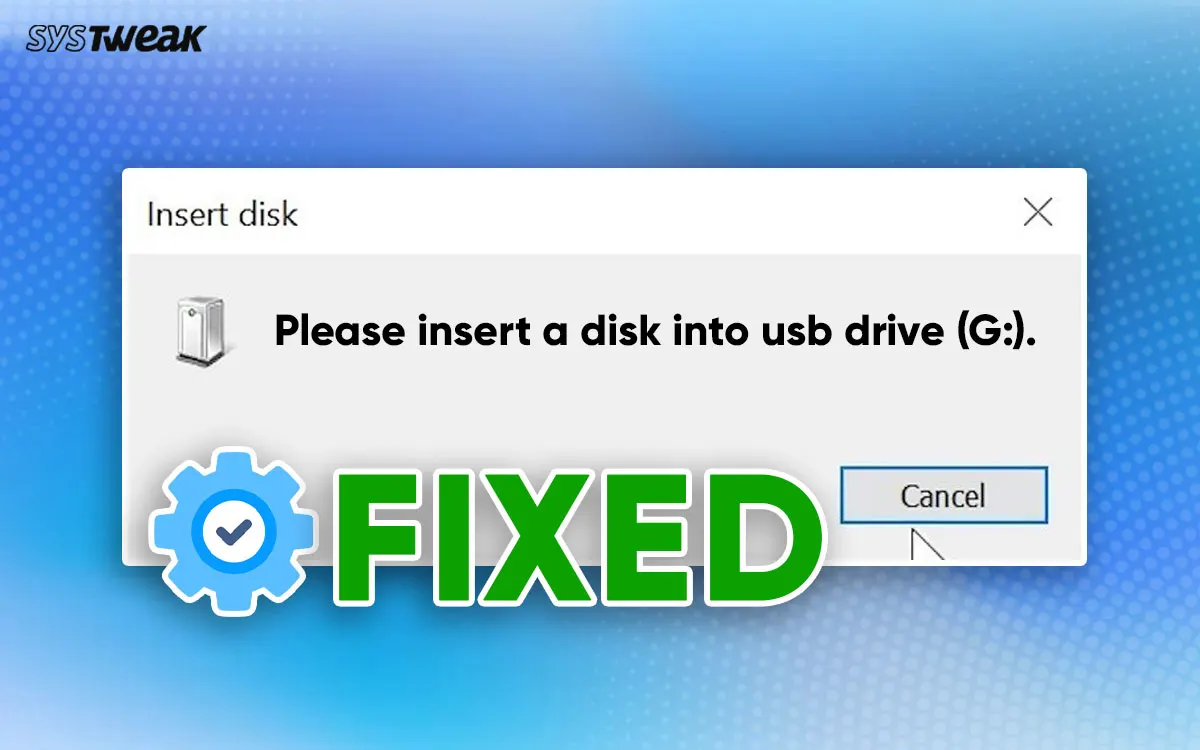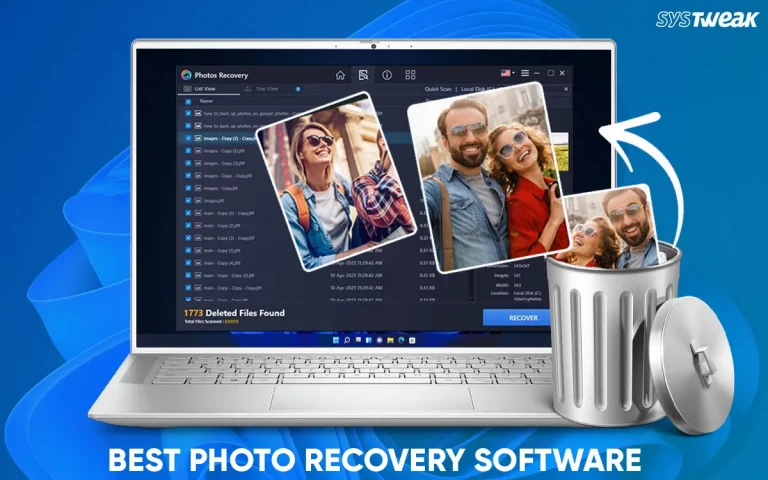We all use USB flash disks or Pen Drives to transfer or store data from one device to another. However, there have been cases when the USB drive with data does not get recognized by another device. Users often get errors like “Please insert a disk into usb drive”, and the data is not visible in the drive. In this case, there are a few steps you can perform to recover the data.
Why does There is no Disk in USB Drive ?
1. The Windows OS recognizes the USB disk but considers it empty due to damage to the file system or partition table.
2. A failing flash controller or worn-out NAND memory causes Windows to detect the device but be unable to read it.
3. A poor connection can cause incomplete initialisation of the drive.
4. Drivers are outdated or corrupted.
Fix “Please insert a disk into the USB drive” Error on Windows
Method 1. Try Simple Hardware Checks First
Experts recommend that you try a few basic steps before going for extensive troubleshooting methods.
1. Switch to another USB Port.
2. Use a different computer if possible.
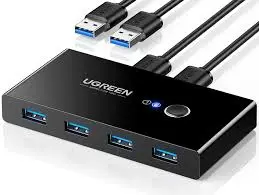
3. Connect the USB drive directly to the PC without any extenders or hubs.
Method 2. Assign The Drive Letter
1. Press Win + X → Disk Management.
2. Look for your USB drive (may appear as “No media” or RAW)
3. If it shows Healthy but no letter, then make a right-click and choose the “Change Drive Letter and Paths” option.
4. Assign a new letter. If this works, your data is safe.
Method 3. Reinstall USB Drivers
1. Press Win + X → Device Manager.
2. Expand Disk drives.
3. Right-click your USB → Uninstall device.

4. Remove the USB, wait 10 seconds, plug it back in.
5. Windows will reinstall drivers.
Read Also : Power Surge Detected on the USB Port – Fix it
Method 4. Use CHKDSK
If Windows sees the USB and shows its correct capacity.
1. Open Command Prompt (Admin)
chkdsk X: /f

2. Replace X with your USB letter.
3. If the size is shown as 0 bytes, skip this step, CHKDSK will be applicable here.
Method 5. Use A Data Recovery Tool Like Advanced File Recovery
There are many data recovery software programs available today, but we recommend Advanced File Recovery. This software has been used by our team of experts, and the results were astonishing. Here are the steps.
1. Click on the Download button to download Advanced File Recovery.
2. Double-click on the file and adhere to the onscreen instructions to install the file.
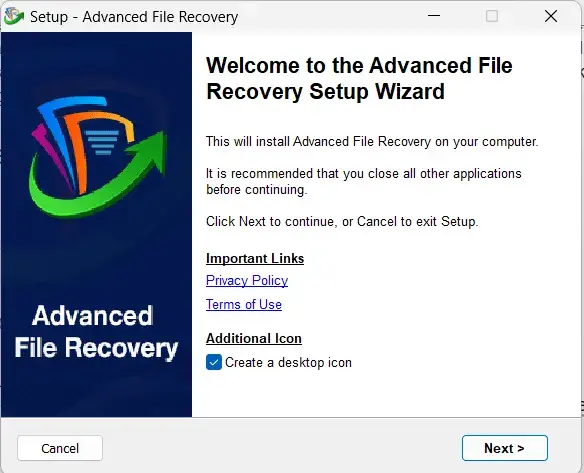
3. Open the program and select the drive you wish to scan.

4. Select the file type you wish to recover or choose “Scan All Data”.

5. Click on the Start Scan button.
6. View the list of files that can be recovered from the USB drive.
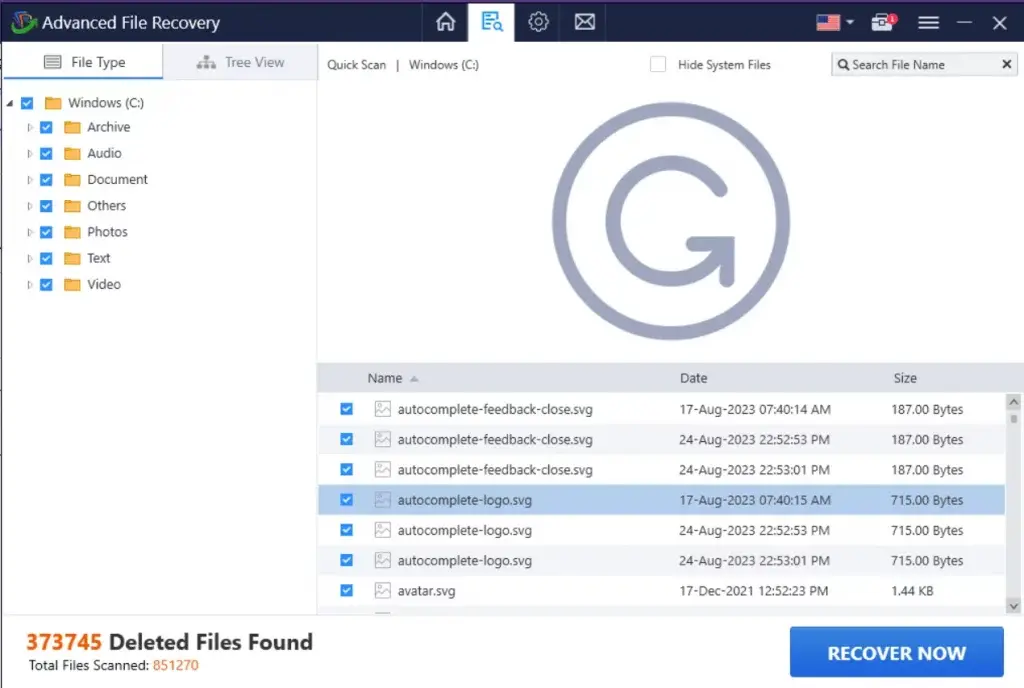
7. Checkmark the files you wish to retrieve and click on the Recover Now button.
8. Choose another drive on your hard disk to recover the deleted files and avoid overwriting the files on the USB.
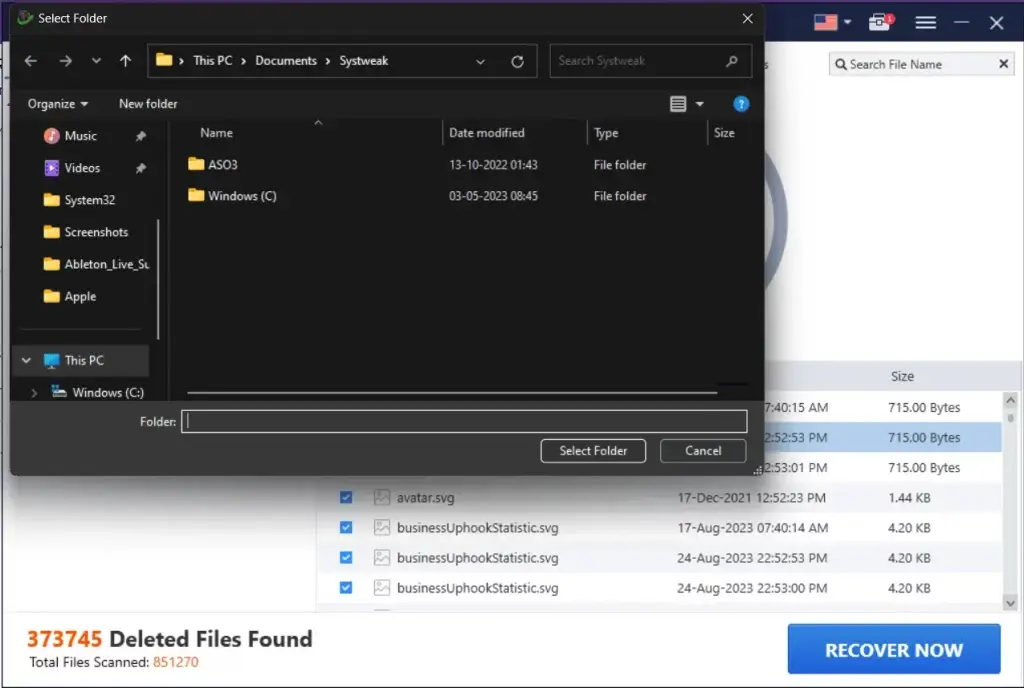
9. Wait for the recovery process to complete.
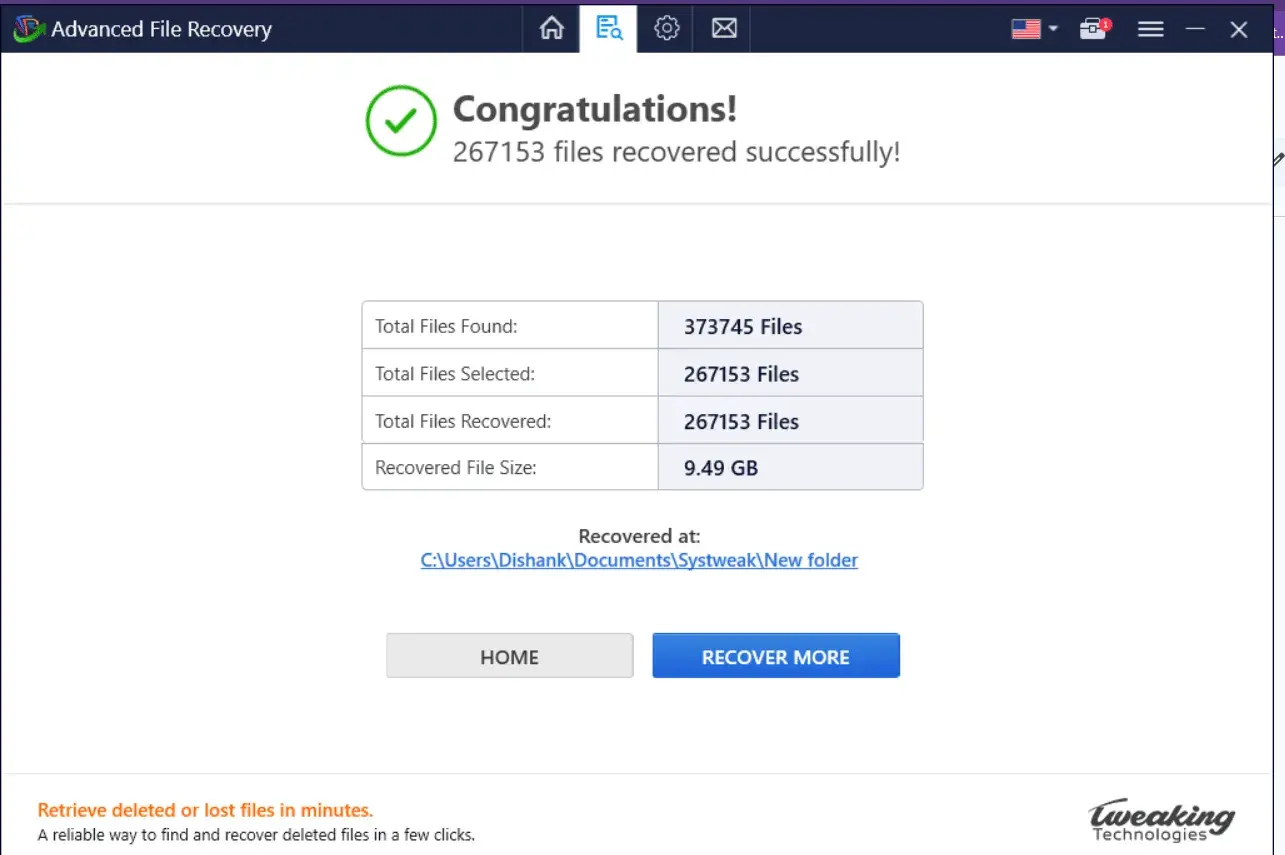
10. A summary will be presented on your screen. You can either recover more files or exit the app.
Method 6. Repair Corrupted Partition Table Using TestDisk
TestDisk is free and safe when run in read-only mode.
1. Download TestDisk
2. Select your USB
3. Choose Analyse
4. Look for partitions and attempt Quick Search
5. If found, restore the partition table
This often fixes the USB without formatting.
Read Also : FIXED! Can’t Format USB Flash Drive Error on Windows
Method 7. USB Shows 0 Bytes or No Media
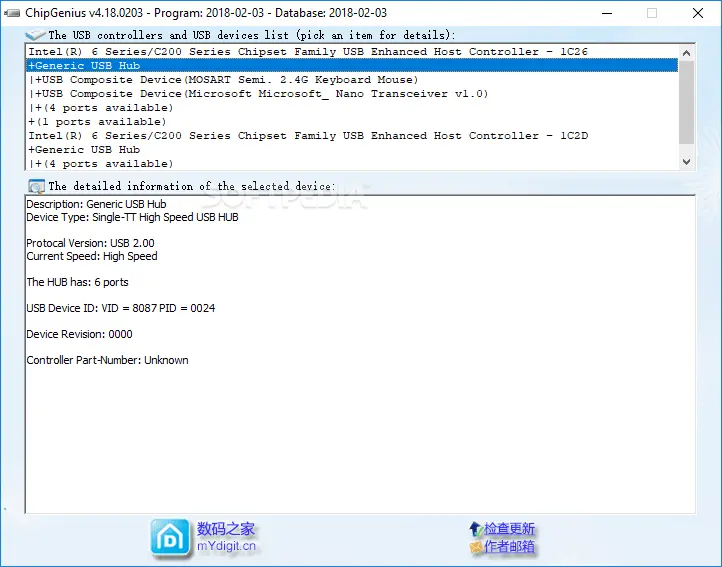
If you get 0 Bytes or a No Media issue, then this can be because of Controller failure, damaged firmware, NAND chip issues, etc. At this stage, software recovery might not work. The only option left is to try ChipGenius to identify the controller. This helps find the proper controller repair tool for your USB brand (Phison, Alcor, SiliconMotion, etc.), which may revive the drive.
Method 8. For Critical Data: Use Professional Data Recovery
A data recovery lab can extract the memory chip (“chip-off recovery”). This is the only guaranteed method for 0-byte drives, “No media”, and physically damaged controllers.
Conclusion
We hope that the above methods have helped you fix the “Please insert a disk into the USB drive”. We want to hear all about your experience and how you fixed the issues in the comments section below.
Recommended : How Do you Fix a USB Drive That Says it Needs to be Formatted
